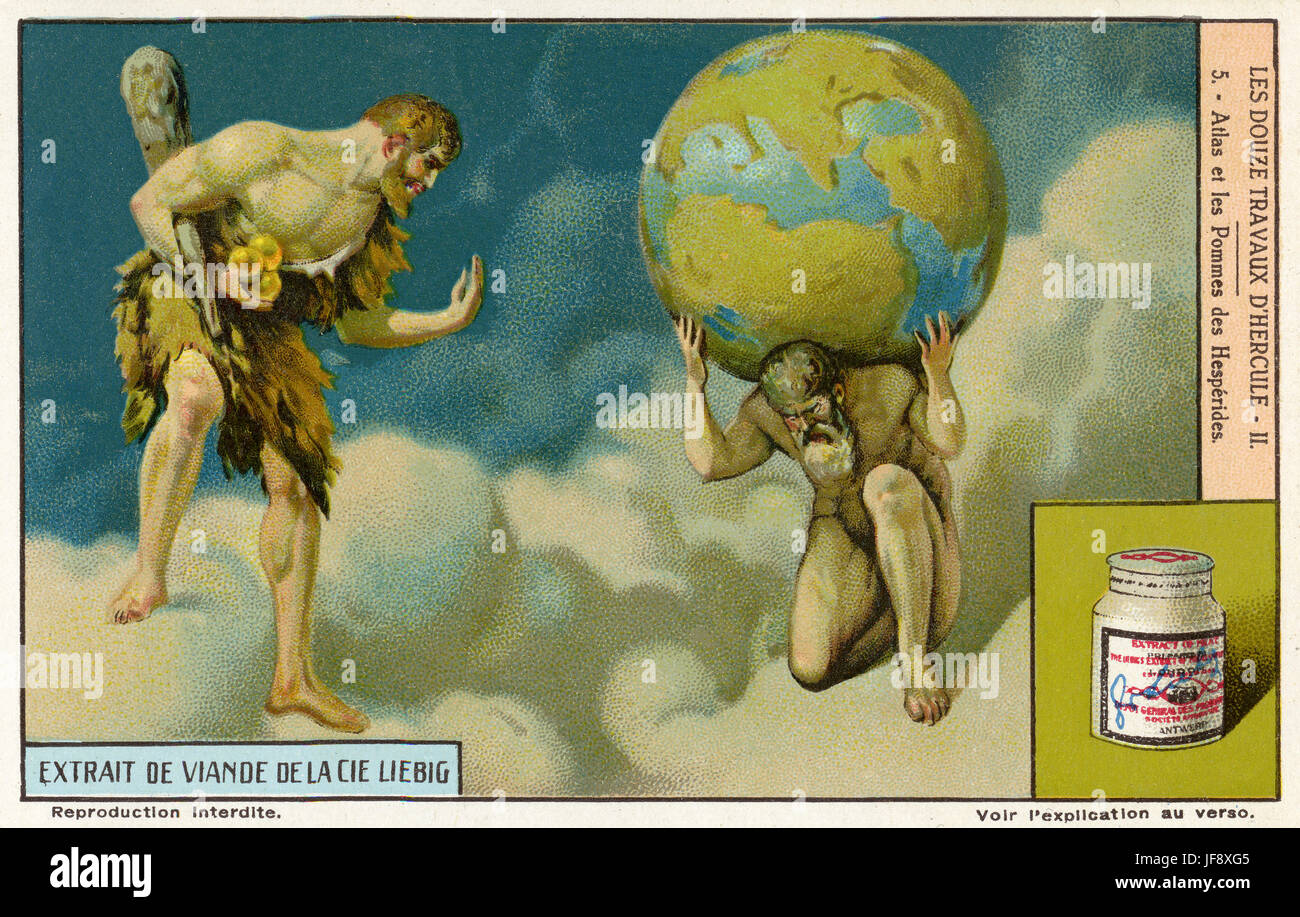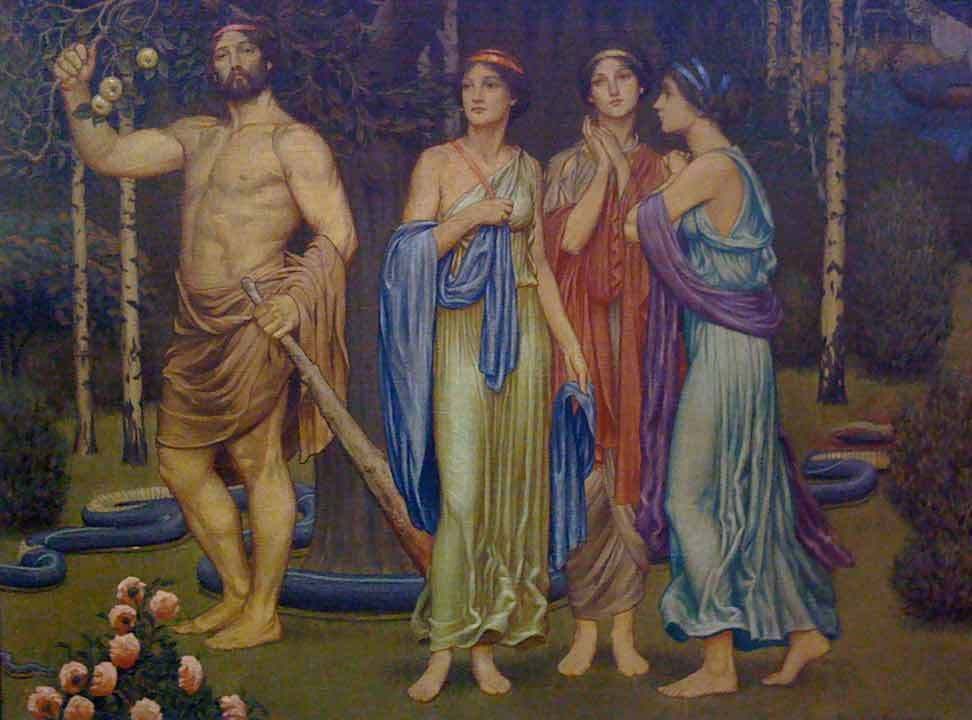


Hercules cleaned the manure by digging two ditches in the foundations of the stables and turning the flow of two rivers, Pinios and Alfeiosr, to pass through the stables! The waters of the two rivers carried away all the dung. A task that Hercules had to complete in a day! At first, Augeas mocked the hero for trying but accepted the challenge and set his eldest son, Fyleas, as a witness. Cleaning these stables from the 30-year old dung seemed an impossible task. The Stables of Augeas were the huge stables of the king of Ilis, Augeas, with the 3,000 oxen, which had not been cleaned for a very long time - 30 years to be more precise! That was Hercules’ fifth labor. After trying hard, the hero succeeded in catching the and bringing it to Eurystheus alive. The King ordered Hercules to catch the boar and bring it alive to Argos. Eventually, it escaped and traveled around the Peloponnese, terrorizing and destroying the crops of the villagers, killing any other animal it would meet. The goddess Artemis had gifted Erymanthos a huge wild boar. The Erymanthian Boar was a mythological being, killed by Hercules in his fourth labor. It took the hero one whole year to capture the hind but, after showing great persistence, Hercules managed to complete this labor too. King Eurestheus asked Hercules to capture the hind.
#Hercules and the apples of the hesperides free#
Then Artemis, admiring her free and unruly character, put the animal under her protection. It headed south and after days, after crossing the Peloponnese, it was convinced that it had escaped and settled permanently on Mount Kyreneia. The fifth, however, who had golden horns and ran very fast, managed to escape. Blurred by their beauty, she grabbed the four and put them in her chariot. According to the legend, when Artemis was still young, she saw five deer grazing in the Thessalian plain. It is related to Artemis, the goddess of wildlife. The hind of Keryneia was a mythical creature found in various legends of ancient Greece, most famously the ones related to the great Hercules. Hercules dipped his arrows into the monster’s venomous blood, a weapon that would prove very useful to him in his life. The last head, which was both the central head and immortal, was cut off and buried in the ground so that it would not come to life again. Only by burning it with fire did he manage to stop the multiplication. According to the legend, when Hercules cut off one head, two came out on its place. It lived in the area of Lerna - a swamp located south of Argos - from where it got its name. The Lernaean Hydra is a mythical creature with nine heads, which Hercules killed in the second of his twelve labors.

From that day one, the Greek hero wore his lion fur on this head. This beast was eventually captured and killed by Hercules. He was a descendant of Typhoon, Echidna and Chimera, all terrible ancient monsters in Greek mythology. It was very dangerous, fast and with impenetrable skin. In Greek mythology, the Nemean Lion was a lion that lived in the area of Nemea and spread fear. There, he would have to perform any labors that the king would command. For this purpose, Hercules traveled to the Oracle of Delphi and received an oracle, according to which, he had to serve for twelve years at Eurystheus’ court, the king of Tiryns. The mythical hero tried everything in order to purify himself for the murder of his wife and children. When he snapped out of it and realized what he had done, he was inconsolable. During his frenzy, he killed his wife and children. This time, she cast a spell on him and the Greek hero went entirely mad. That was the time when Hera decided to strike again. After Hercules reached adulthood, he got married and lived happily with his family. Hera set upon him many more traps, however, Hercules proved to be invisible. Although just a baby, Hercules showed the hero he would become, catching the snakes from their necks and killing them while laughing at the same time as it was just a game for him. Shortly after the birth of Hercules, Hera sent venomous snakes to his crib to kill him. Hera, Zeus’ wife and Queen of Olympus, was extremely jealous. Zeus, the King of the Olympian Gods, fell in love with a mortal woman named Alcmene and he was born out of their union.

Hercules, or Heracles in Greek, was Zeus’ son.


 0 kommentar(er)
0 kommentar(er)
